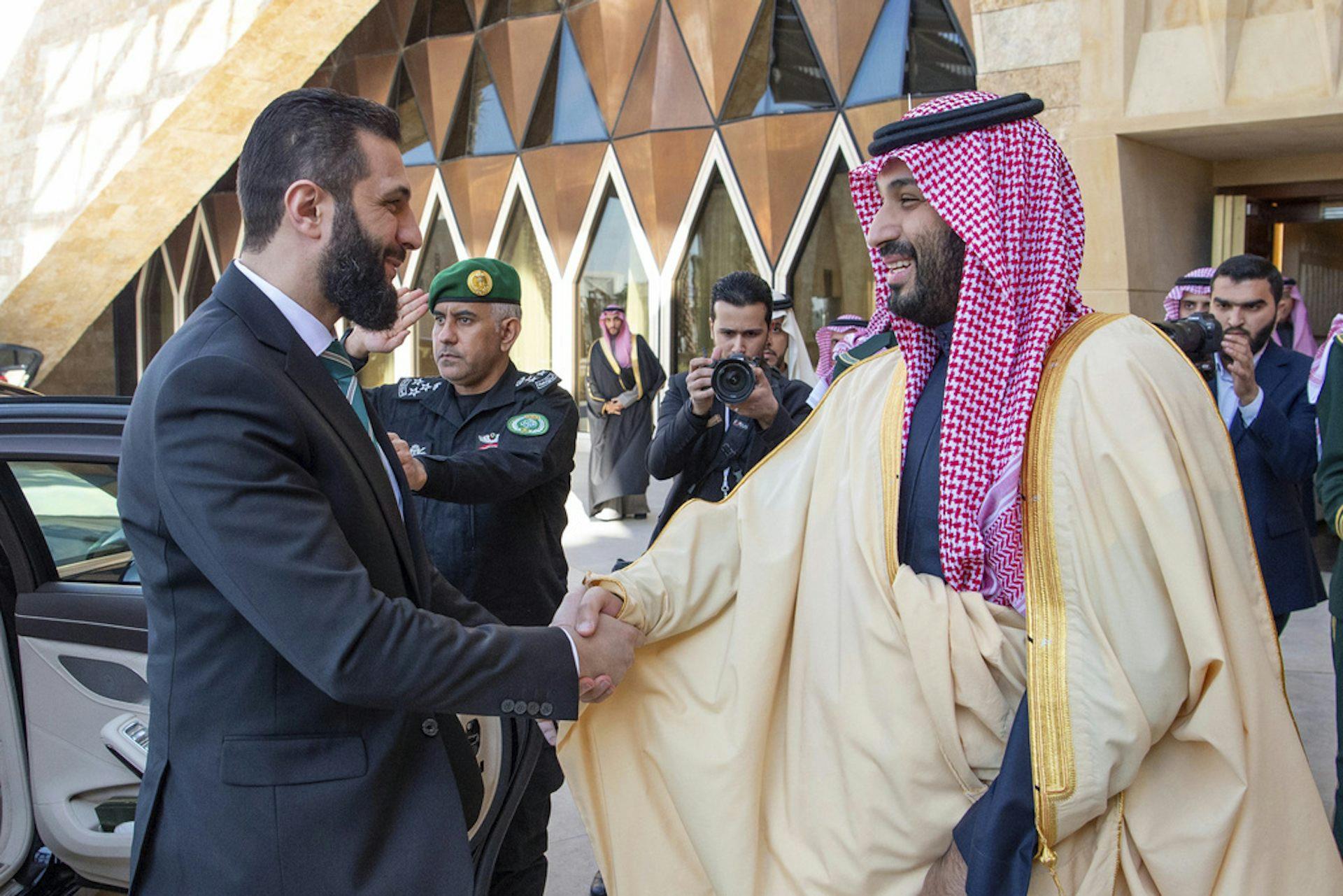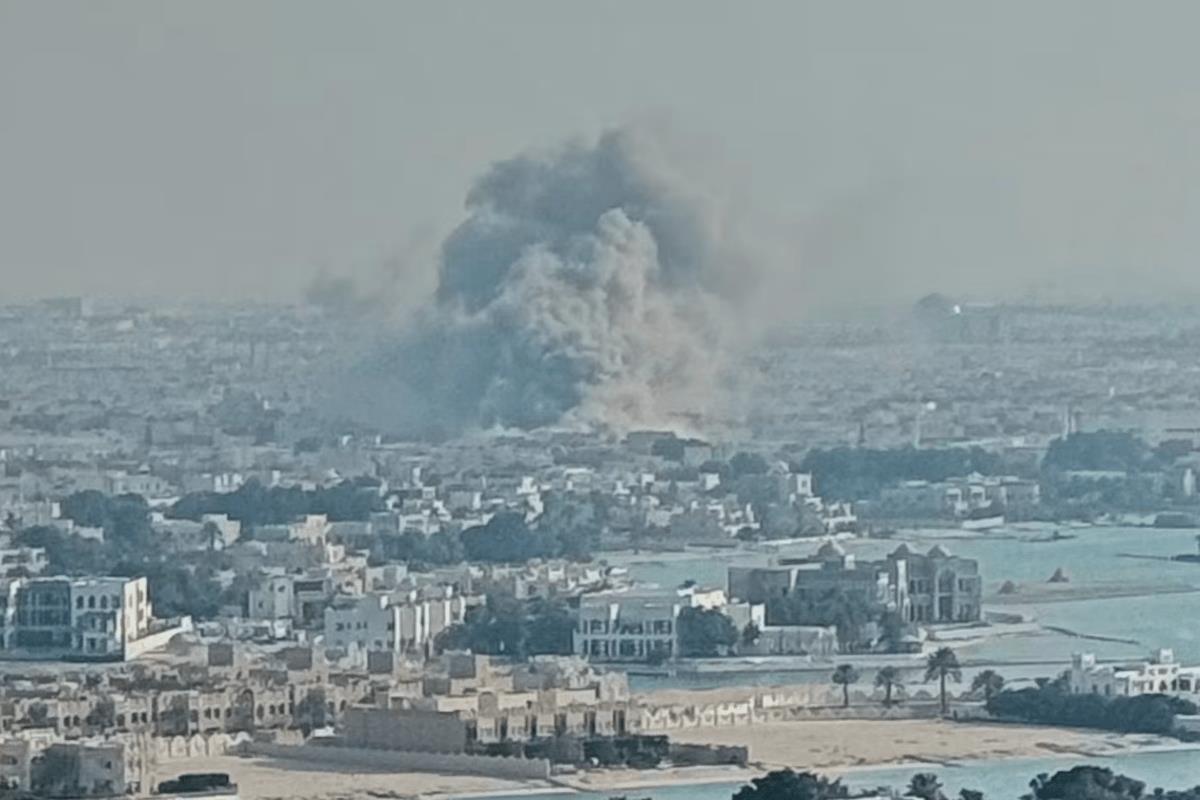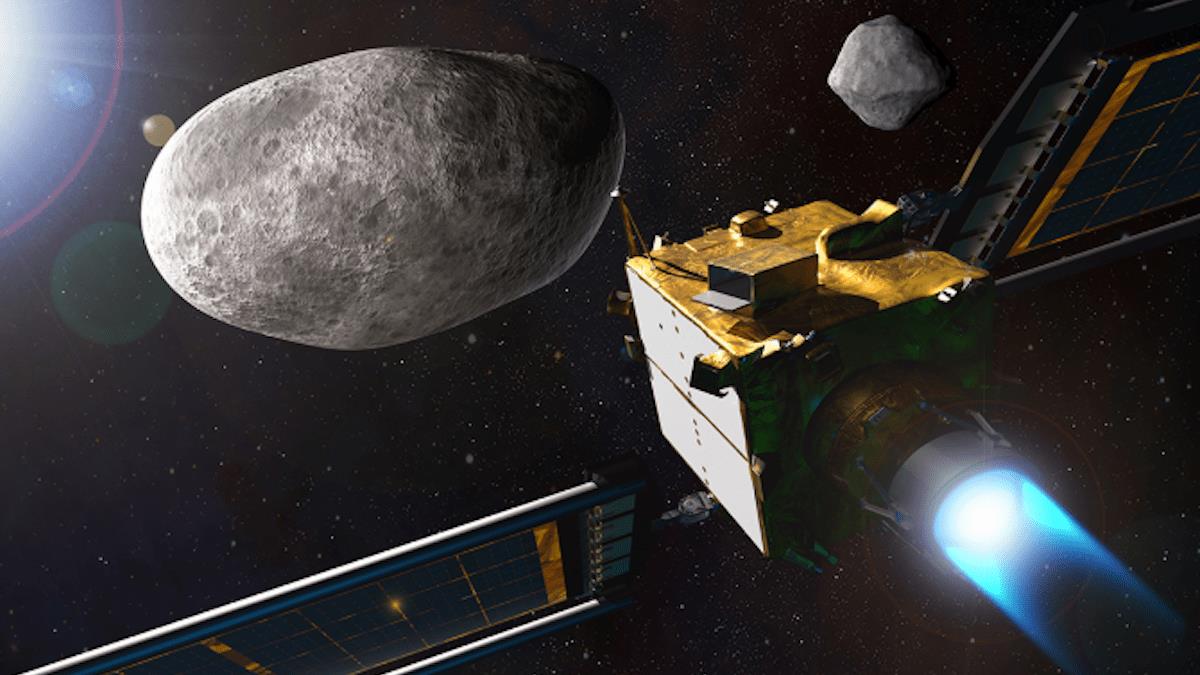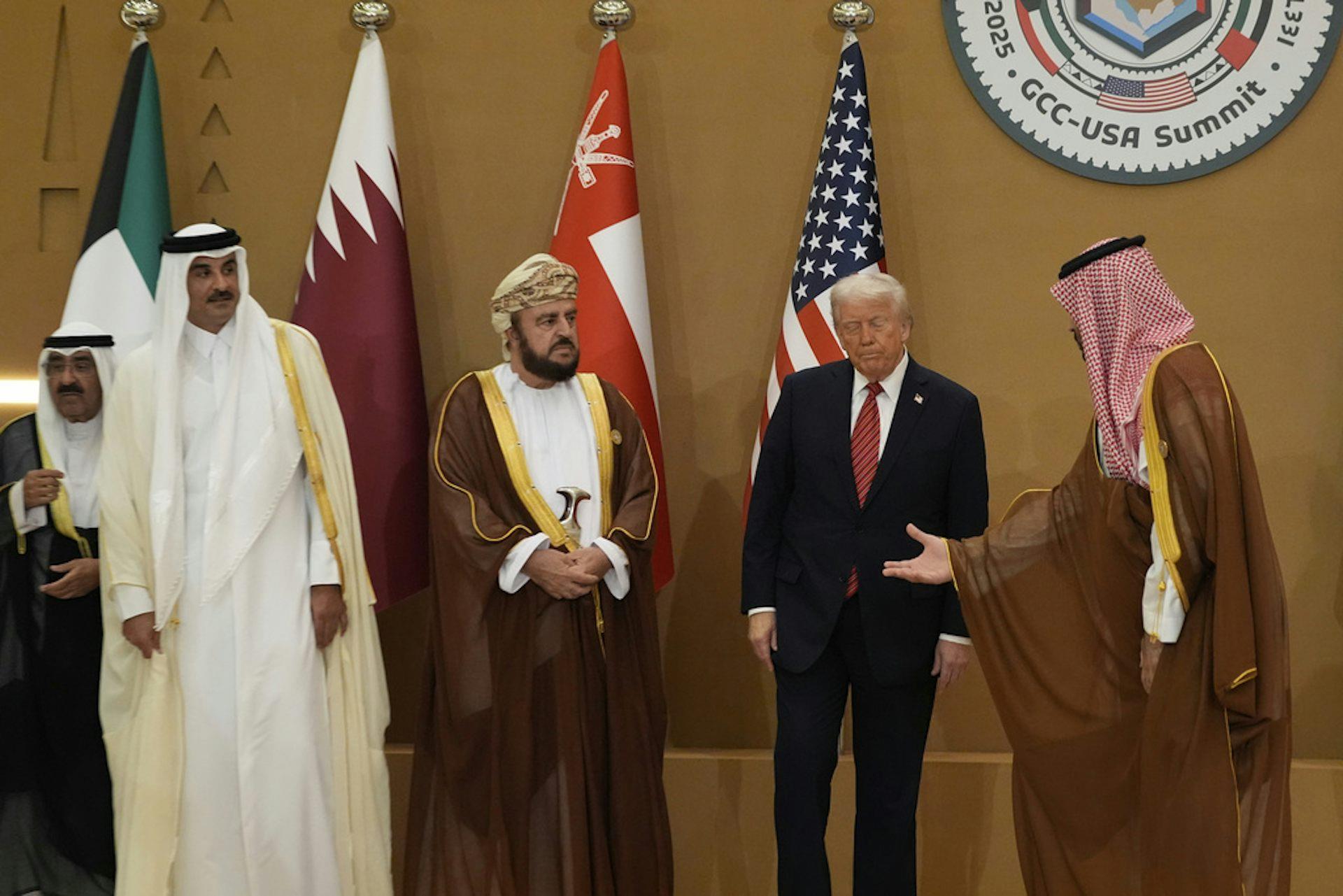Gulf States Seeking Growth Still Hostage To Regional Chaos
In recent months, these Gulf kingdoms have also appeared closer to achieving something they have long sought: reliable US support that has become stronger and more uncritical than ever , just as Iranian power in the region has significantly declined .
In Donald Trump, the non-elected Gulf Arab monarchs have an ally in Washington who has largely shed previous American concerns for democracy and human rights. That the American president made his first scheduled international trip of his second term to Saudi Arabia, Qatar and the UAE only underscores their international clout.
Additionally, the popular overthrow of the Assad government in Syria and Israel's war against Iran and its allies in Lebanon and Yemen have served to greatly weaken Tehran's perceived threat to Gulf Arab interests.
Yet, as an expert on Middle Eastern politics , I believe Gulf Arab countries must still navigate a regional political tightrope. And as the Israeli targeting of senior Hamas leaders in Qatar on September 9, 2025, shows, events by other Middle Eastern actors have a nasty habit of derailing Gulf leaders' plans.
How these countries manage four particular uncertainties will have a significant effect on their hopes for stability and growth.
1. Managing a post-civil war SyriaIn Syria, years of civil war that had exacerbated splits among ethnic and religious groups finally ended in December 2024. Since then, Arab Gulf countries, which once opposed the Iranian-allied government of Bashar Assad, have been pivotal in supporting new Syrian President Ahmed al-Sharaa. They successfully lobbied the US to drop sanctions .
In addition to sharing mutual regional interests with Sharaa , the leaders of Gulf Arab states want a Syrian state that is free from internal war and can absorb the millions of refugees that fled the conflict to other countries in the Middle East.

Saudi Crown Prince Mohammed bin Salman greets Syria's interim President Ahmed al-Sharaa in February 2025. Photo: Saudi Ministry of Media via AP / The Conversation
Gulf states can support postwar Syria diplomatically and financially. However, they can't wish away the legacy of long war and sectarian strife.
Israeli attacks on Syrian soil since Assad's fall, as well as recent outbreaks of fighting in the Sweida region of southern Syria , underscore the ongoing fragility of the Syrian government and concerns over its ability to contain violence and migration outside of its borders.
2. The challenge of regional politicsSyria illustrates a broader policy challenge for Gulf states. As their wealth, military strength and influence have grown, these countries have become dominant in the Arab world .

Legal Disclaimer:
MENAFN provides the
information “as is” without warranty of any kind. We do not accept
any responsibility or liability for the accuracy, content, images,
videos, licenses, completeness, legality, or reliability of the information
contained in this article. If you have any complaints or copyright
issues related to this article, kindly contact the provider above.
Most popular stories
Market Research

- Kucoin Presents Kumining: Embodying Simple Mining, Smart Gains For Effortless Crypto Accumulation
- BILLY 'The Mascot Of BASE' Is Now Trading Live On BASE Chain
- Primexbt Launches Empowering Traders To Succeed Campaign, Leading A New Era Of Trading
- United States Animal Health Market Size, Industry Trends, Share, Growth And Report 2025-2033
- United States Lubricants Market Growth Opportunities & Share Dynamics 20252033
- Japan Buy Now Pay Later Market Size To Surpass USD 145.5 Billion By 2033 CAGR Of 22.23%



























Comments
No comment